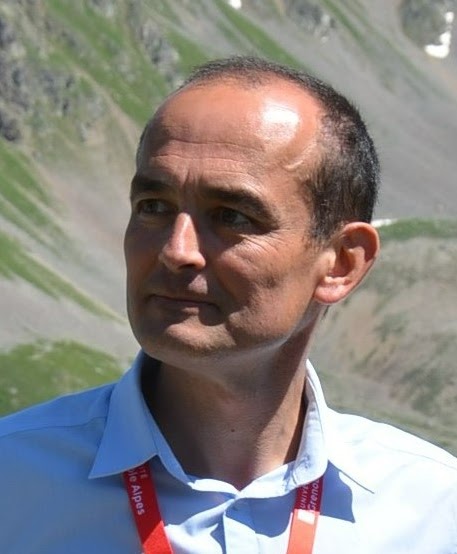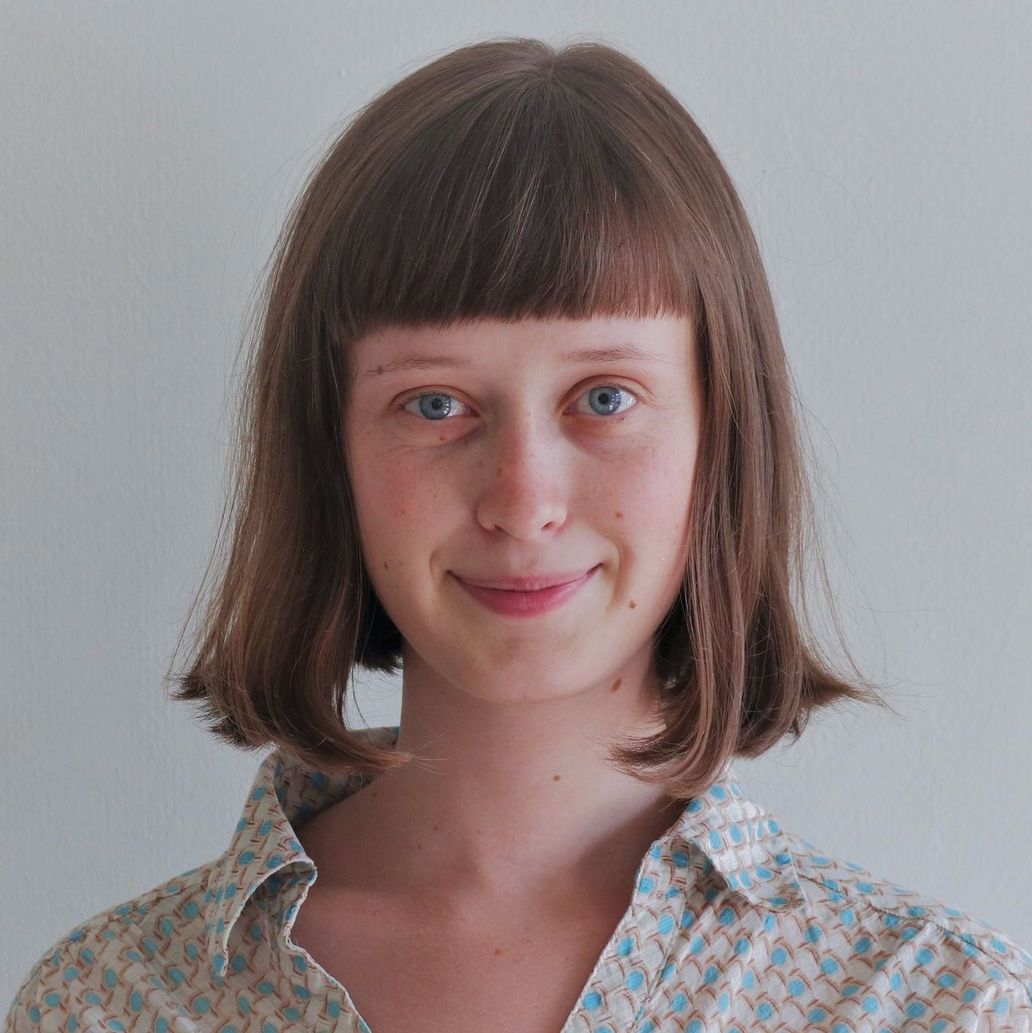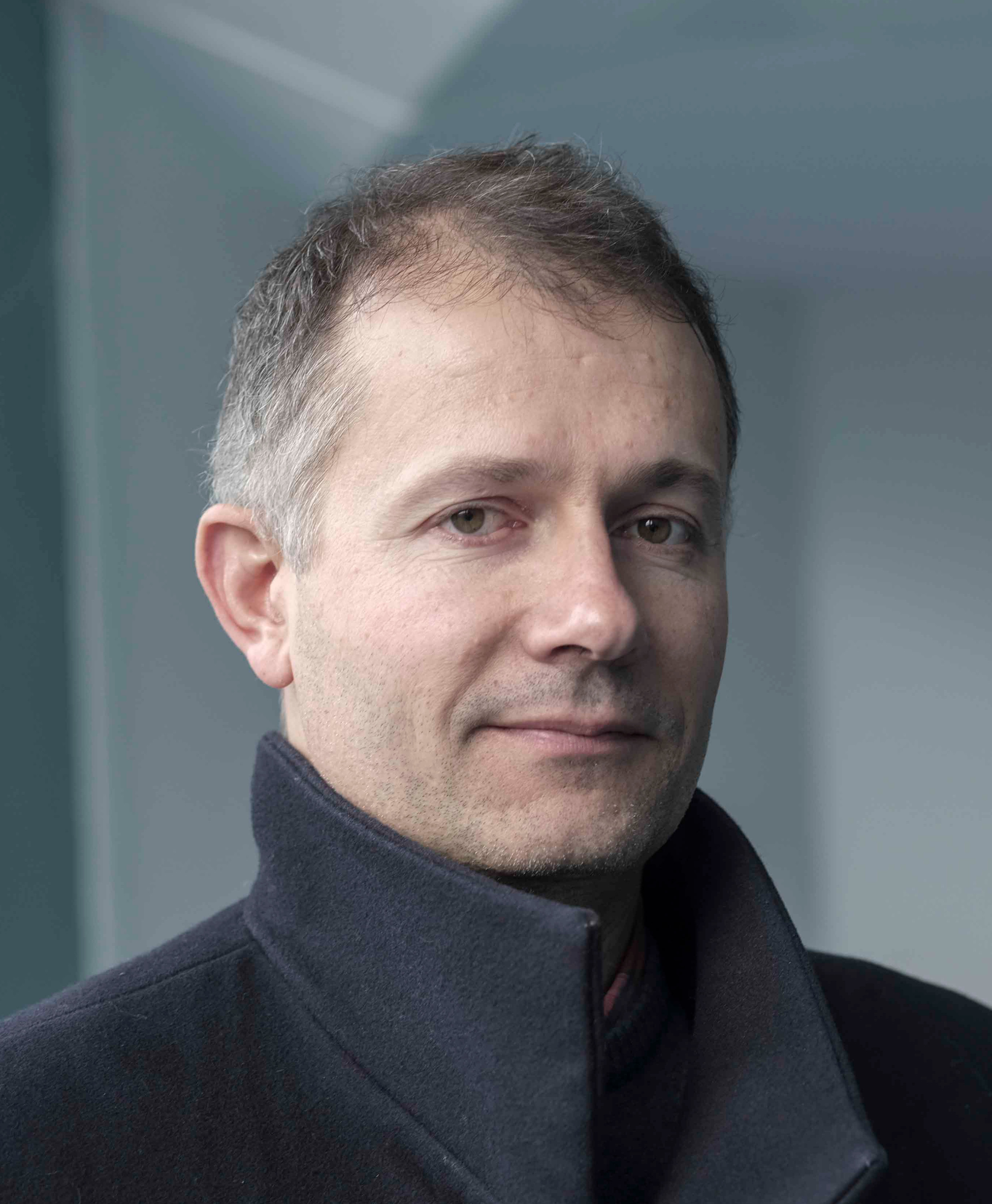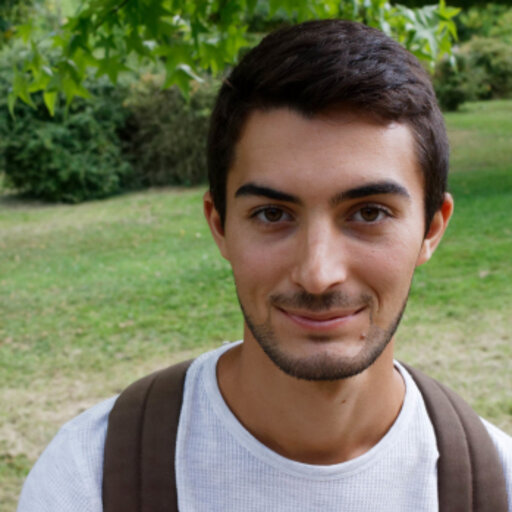Speakers
 |
Romain Bertrand is a junior Professor at the CNRS (EDB lab, Toulouse) interested in the eco-evolutionary regulation of the forest ecosystem functioning under climate changes. A part of Romain Bertrand’s project is to assess and predict how changes in forest structure and composition interact with microclimate conditions. He investigates this question by monitoring and modeling microclimate conditions throughout the Pyrenees.
|
 |
Yves Brunet is a research director at INRAE, within the UMR Ispa (Soil-Plant-Atmosphere Interactions) of the INRAE Nouvelle-Aquitaine-Bordeaux centre. Since his recruitment, he has conducted research on turbulent flows over continental surfaces (turbulence in plant canopies, flow modelling, wind-plant interactions, landscape heterogeneities), on mass and energy exchanges between the biosphere and the atmosphere (evaporation, surface fluxes, forest microclimate), on the turbulent dispersion of biotic (pollen, bacteria) and abiotic (pesticides) particles, on the formation of microclimates (forest edges, riparian forests, cities) and on the impact of land use on the regional climate (impact of forests on cloudiness).
|
 |
Philippe Choler is a CNRS senior researcher at LECA laboratory in Grenoble, where he is working on the structure, dynamics and functioning of mountain grasslands. He is particularly committed to the development of a whole-system approach examining the linkages between biodiversity, soil, climate, ecosystem functioning and human activities. His current research investigates the greening of high-elevation ecosystems including its spatial and temporal variability and its main drivers. |
 |
Eva Gril is a research engineer and doctoral student at the "Ecology and Dynamics of Anthropized Systems" laboratory (CNRS - Université Picardie
Jules Verne University) in Amiens. Her research focuses on forest microclimate and its impact on plant biodiversity, in a context of climate warming. She has helped develop a statistical method to predict microclimate based on its linear relationship with macroclimate. Using remote sensing data (terrestrial and airborne LiDAR and airborne), she aims to spatialize understory temperature undergrowth at fine resolution. She is also deeply involved in scientific scientific mediation with the general public.
|
 |
Jean-François Le Galliard is a CNRS research director at the Institute of Ecology and Environmental Sciences and coordinator of the AnaEE France infrastructure. He is interested in the ecological responses of animal populations to spatial and temporal environmental variability. His work on terrestrial ectotherms has led him to focus on hydric and thermal microclimates and their influence on the behavior and ecophysiology of organisms. He is trained as a biologist and holds a PhD in evolutionary and behavioral ecology.
|
 |
Mathieu Leclerc is a PhD student at the Institut de Recherche en Biologie des Insectes in Tours. He is interested in understanding adaptation mechanisms in ectotherms. In this context, his research focuses on studying the impact of microclimate on insects for conservation purposes. His thesis work focuses on the role of floral microclimate in the vulnerability of pollinators to climate change. |
 |
Sylvain Pincebourde is Director of Research at the CNRS since 2021, working at the Insect Biology Research Institute (IRBI) at the University of Tours in France. Sylvain leads research programs on the role of microclimates in the response of insects to environmental changes. He did his PhD on the environmental biophysics of endophyte insects in the same lab in 2005, went to the University of South Carolina to work on the thermal ecology of biotic interactions in the rocky intertidal, and obtained his position at the CNRS (researcher) in 2009. He is now leading the team INOV (interaction between organisms and their environment) at IRBI, and is in charge of the working group on global change ecology at IRBI.
|
 |
After completing his PhD at the Toulouse Institute of Fluid Mechanics (IMFT) and post-doctoral studies at the European Centre for Research and Advanced Training in Scientific Computing (CERFACS), Marc Saudreau joined INRAE in 2005 as a researcher at the UMR PIAF, Integrative Physics and Physiology of Trees in a Fluctuating Environment (https://www6.clermont.inrae.fr/piaf) based in Clermont-Ferrand, of which he has been deputy director since 2022. Marc Saudreau studies and models the physical processes that control energy exchanges between trees and their environment in order to better understand the temperature dynamics of organs, such as leaves, fruits and woody parts, in relation to the microclimate generated by the spatial structure of trees and its functional responses.
|
|


